|
Every day we have an opportunity to add value to the world. In the Communication Leadership Program, we encourage our students to combine passion with skill to become a force for positive change in our communities. We have the power to grow the world we want by connecting with people, engaging in meaningful, ethical, and respectful ways, building stronger relationships, and encouraging others to do the same.
Ruha Benjamin, author of Viral Justice: How We Grow the World We Want, is asking us to rethink the importance of these small, individual actions. Her talk at Town Hall on October 17th (co-sponsored by our master’s program) focused on the seemingly insignificant decisions that can spread “viral justice.” Ruha described viral justice as a way to redistribute resources to overcome inequalities and to create communities of care that support our needs. Injustice affects us all. We need to look at ourselves and individually confront how we participate in systems that are unjust. We must question the narrative that has been handed down to us and collaborate with others to “seed a different world.” Ruha brought to light people who are doing seemingly small actions with life-changing impacts. She spoke about Ron Findley, the “Gangsta Gardener” who is turning empty plots and right-of-ways into thriving community gardens in his neighborhood of South-Central Los Angeles. And Christopher Emdin, who is using hip hop culture and music to revolutionize how kids learn about the beauty and wonders of science through #HipHopEd. Ruha is showing us that pairing knowledge and creativity with togetherness generates amazing results. We must remember that small changes can add up to large differences that transform our communities and relationships. World-building is messy work. We need to find a plot in our own backyard, get our hands dirty, and water what we want to grow to build a more just and joyful world.
0 Comments
|
AuthorMusings on business, womanhood, consulting, and things I find interesting. Archives
October 2022
Categories
All
|
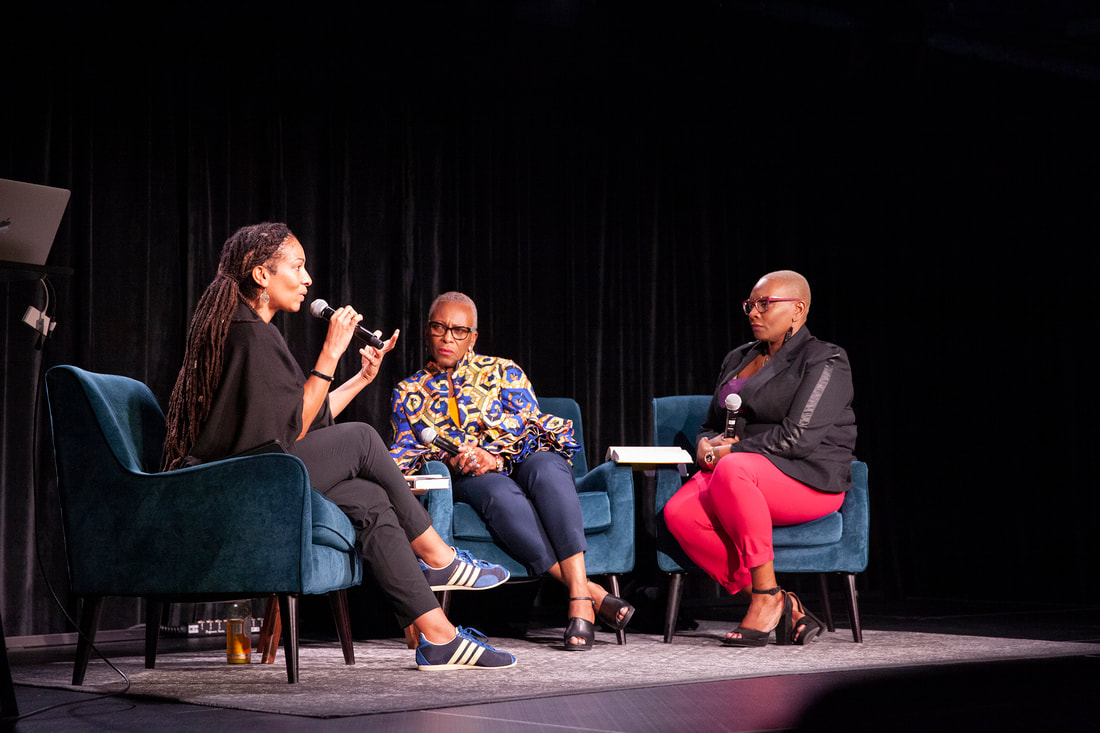
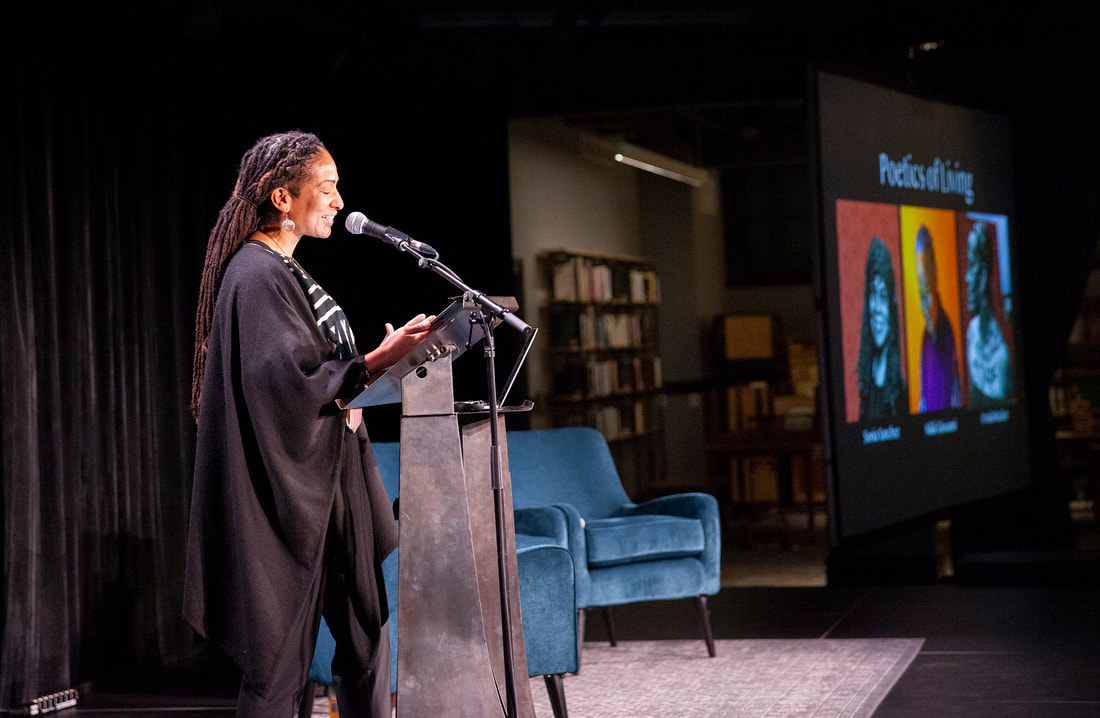
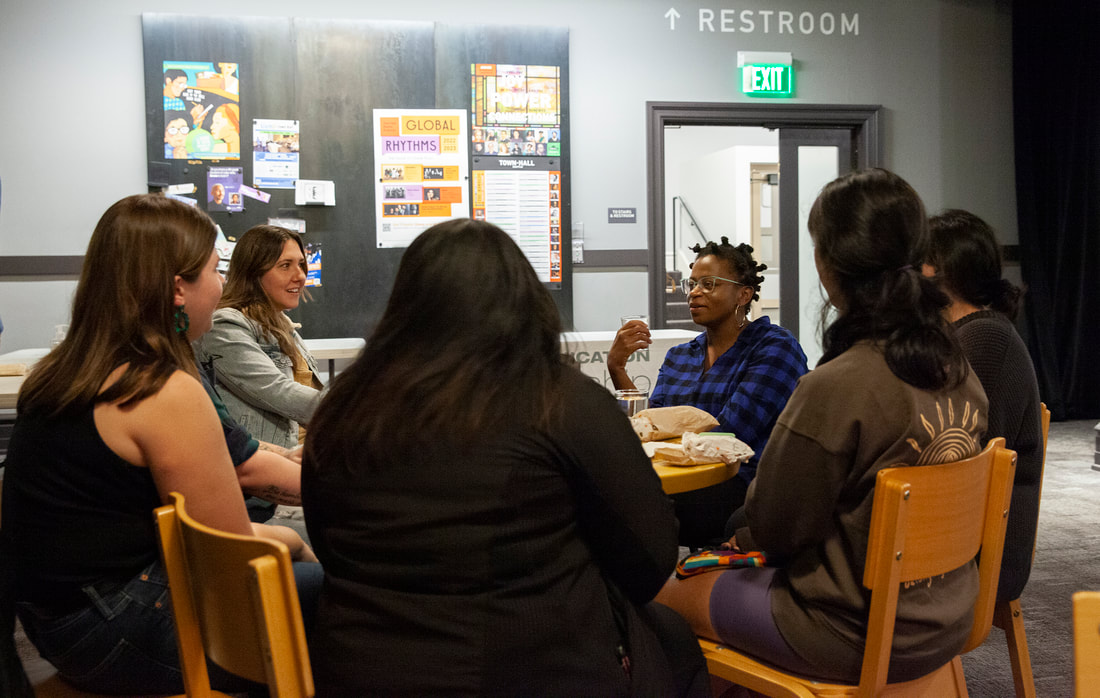
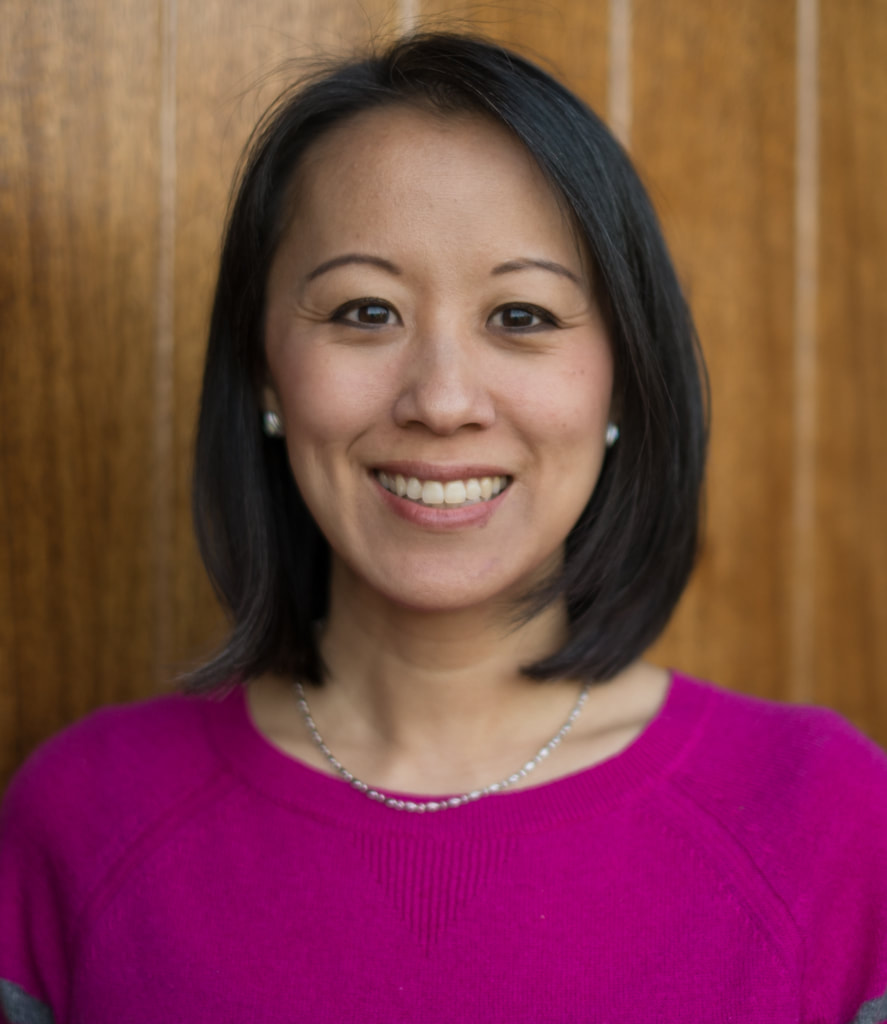
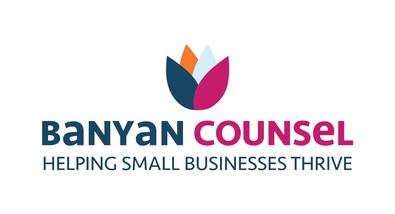
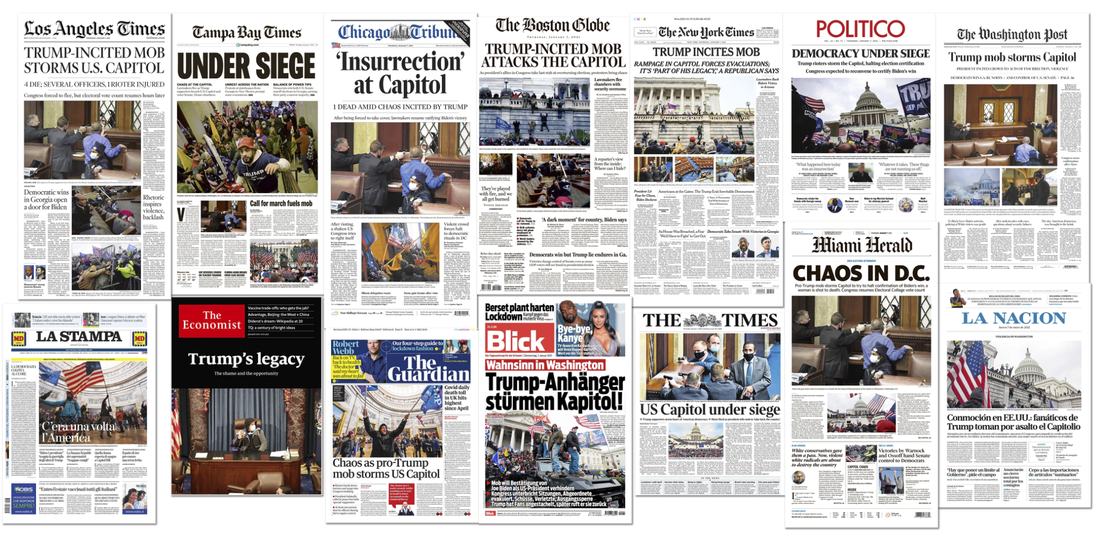
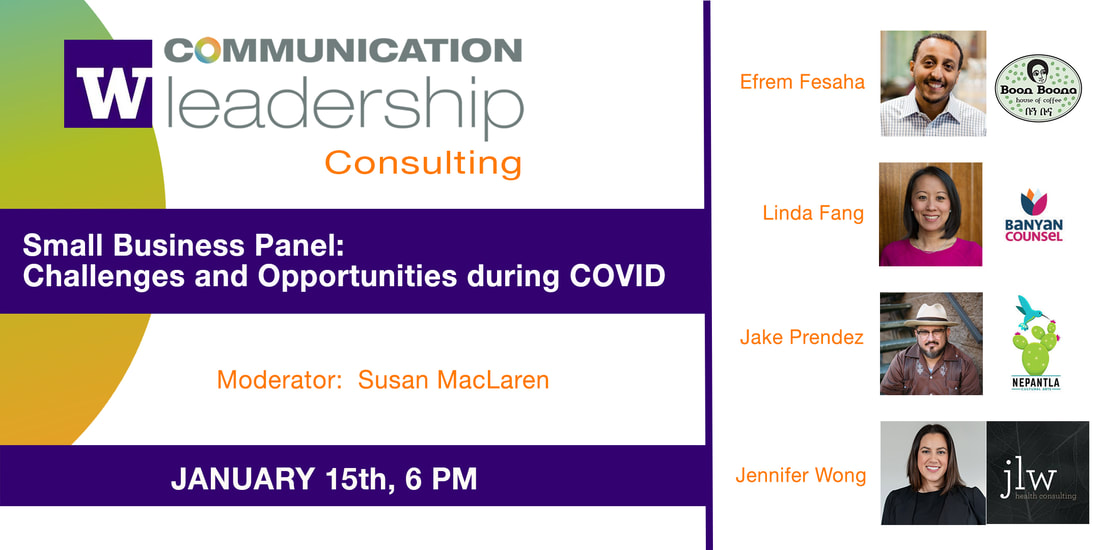
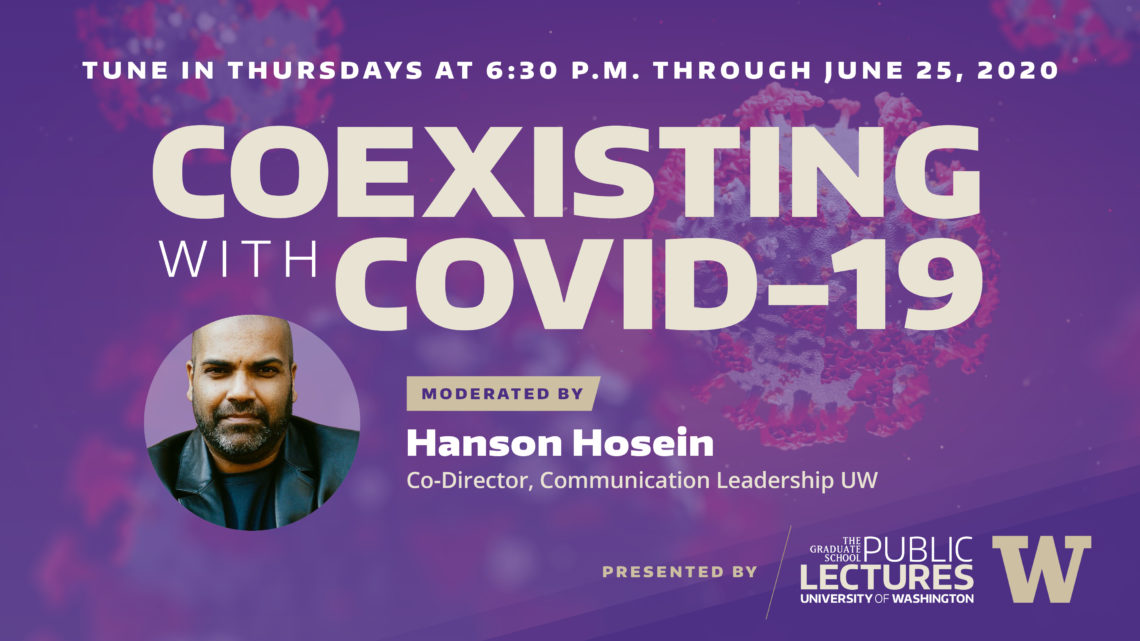
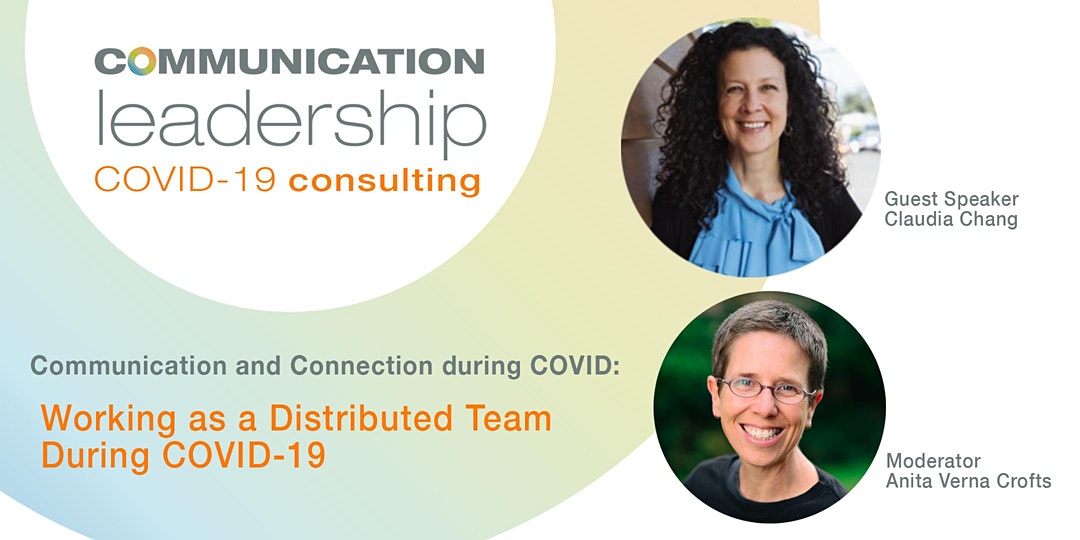
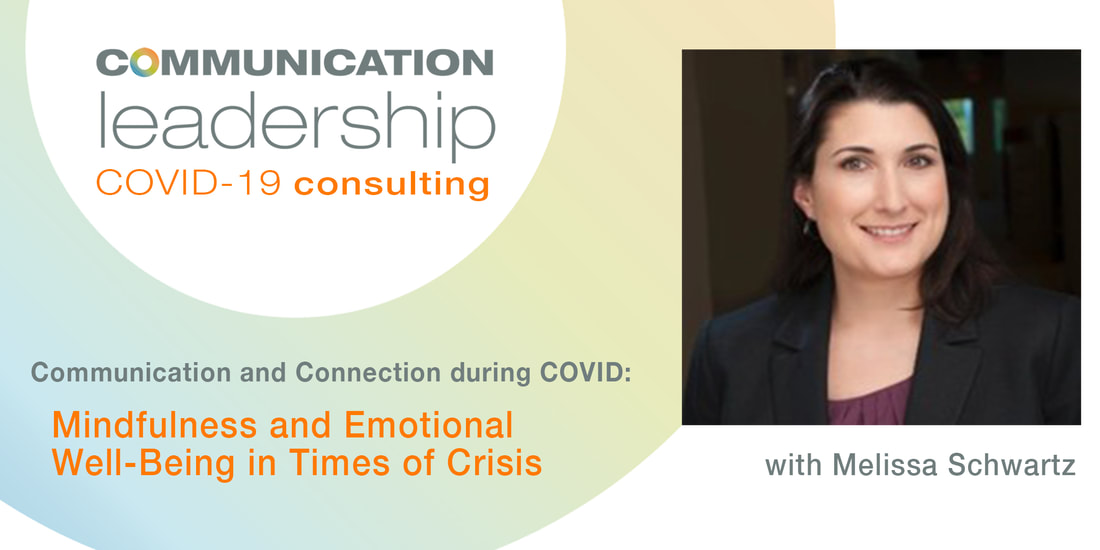
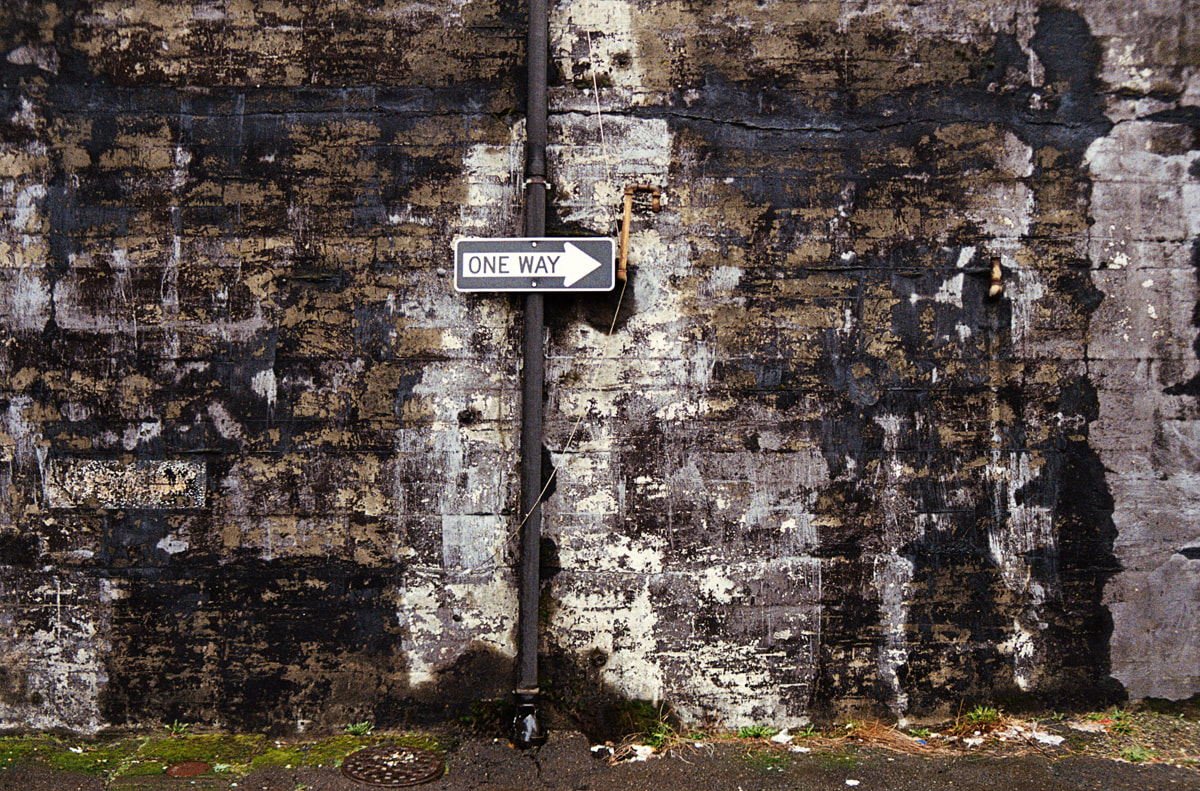
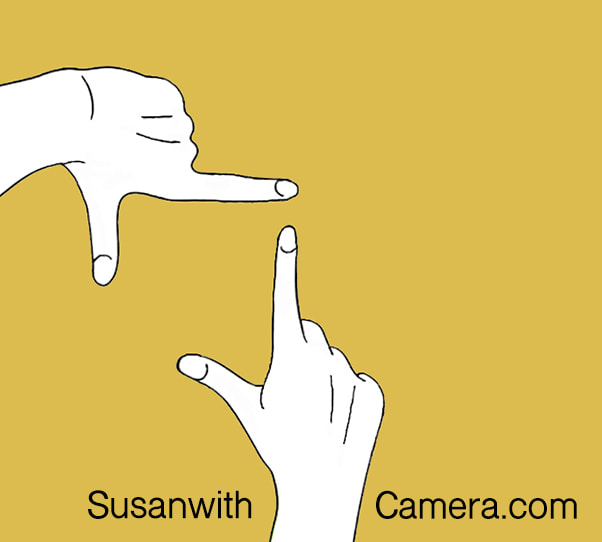
 RSS Feed
RSS Feed